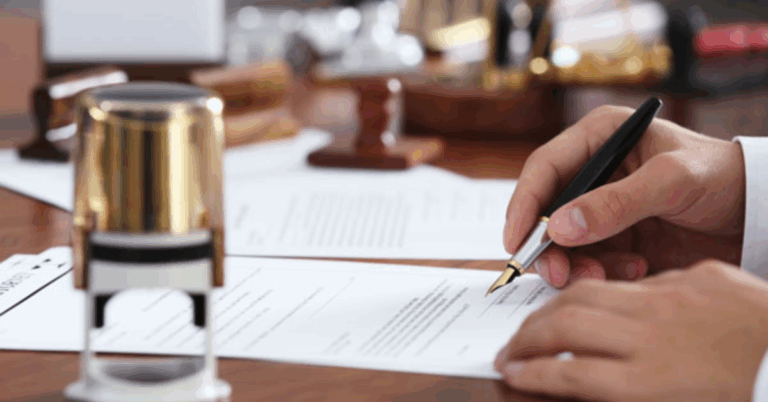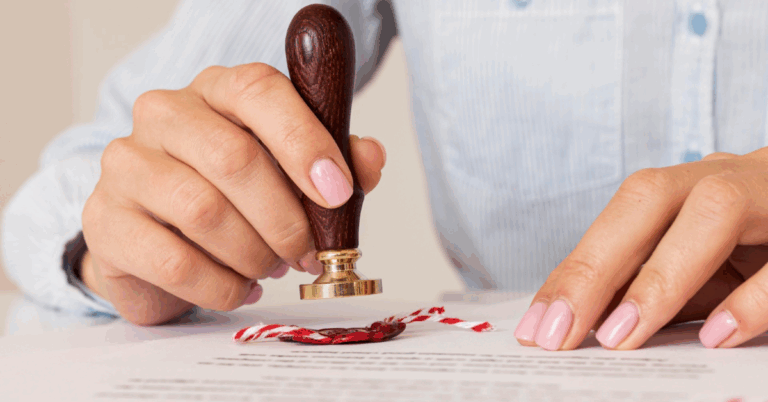Navigating the Singapore PR Application Process: A Comprehensive Guide
Applying for Permanent Residency (PR) in Singapore is a goal for many foreign nationals who have established their lives, careers, or families in the Lion City. The Singapore Pr Application process is known for its complexity and selectiveness, but with the right approach and thorough understanding, applicants can significantly improve their chances of success. This article offers a detailed overview of the process, including eligibility criteria, common challenges, documentation tips, and important considerations for prospective applicants in Singapore.
Why Apply for PR in Singapore?
Singapore is known for its high standard of living, efficient governance, and strong economy. Gaining PR status in Singapore provides numerous benefits, including:
-
The ability to live, work, and stay in Singapore without a work visa.
-
Access to government subsidies in areas like housing, healthcare, and education.
-
The opportunity to apply for Singapore citizenship after a few years.
-
Greater job flexibility without dependency on employment passes.
-
Eligibility to sponsor certain family members for long-term stay.
Because of these advantages, many expatriates working in Singapore look toward the Singapore PR application as a strategic move for long-term stability and integration into Singaporean society.
Who Can Apply for PR in Singapore?
The Singapore Immigration and Checkpoints Authority (ICA) outlines several eligible categories for PR application:
-
Employment Pass (EP) or S Pass Holders – Professionals working in Singapore under these passes can apply, typically after a period of 6–12 months of employment.
-
Spouses and Children of Singapore Citizens or PRs – Family ties are strong grounds for PR application, especially when accompanied by proof of long-term commitment.
-
Aged Parents of Singapore Citizens – This category helps support family unification.
-
Students Studying in Singapore – Foreign students with strong academic records may be considered.
-
Investors under the Global Investor Programme (GIP) – High-net-worth individuals investing in the Singaporean economy.
Understanding which category applies to you is the first step in the Singapore PR application journey.
Documents Required for a PR Application
Every application must be supported by accurate and complete documentation. While the exact documents may vary depending on the type of application, the most common requirements include:
-
Passport and identification details
-
Employment details and salary slips
-
Educational certificates
-
Marriage and birth certificates (if applying with family)
-
Income tax statements
-
Employer’s letter of recommendation
All documents must be translated into English if they are not already. Additionally, applicants are required to submit their applications through the ICA’s e-PR system, which streamlines the process but requires careful attention to detail.
Common Challenges Faced by Applicants
The Singapore PR application process is not just about filling out forms; it involves strategic presentation and long-term planning. Some common hurdles include:
-
Incomplete or inaccurate documentation – Even minor errors can lead to rejection or delays.
-
Short employment history – Applying too soon after arriving in Singapore may result in a weak application.
-
Insufficient integration into Singaporean society – The government values applicants who contribute to and integrate with the community, such as through volunteer work or participation in local events.
-
Family circumstances – The decision may be influenced by the applicant’s family profile, including the ages and education of children or whether the spouse is also working.
Understanding these factors can help applicants avoid pitfalls and improve their chances of approval.
How to Strengthen Your PR Application
Here are several practical tips to enhance your Singapore PR application:
-
Demonstrate long-term commitment – Show that you intend to stay in Singapore for the long haul. Owning property, maintaining stable employment, and integrating with the community help build your case.
-
Highlight your economic contribution – A strong income, stable job, and consistent tax payments are all positive indicators.
-
Engage in community involvement – Volunteering or participating in civic activities shows you are invested in Singapore beyond your job.
-
Tailor your cover letter – A well-written letter that expresses why you want to be a permanent resident can help humanize your application.
-
Seek professional guidance if needed – While not mandatory, many applicants turn to experts who specialize in the PR process to review their documentation and advise on best practices.
PR Application Waiting Time and Approval Rates
The average processing time for a Singapore PR application is four to six months, but some cases may take longer, especially if further documentation or clarification is requested by ICA. Approval is not guaranteed, even for seemingly qualified candidates, as the process is influenced by current immigration policies, national demographics, and economic needs.
While exact acceptance rates are not publicly disclosed, it is widely understood that approval has become more selective in recent years. This underscores the importance of submitting a complete and compelling application.
What to Do If Your Application Is Rejected
A rejection is not the end of the road. Many applicants are successful on their second or third attempt. Here’s what you can do:
-
Review the possible reasons for rejection – While ICA does not usually provide specific reasons, assess your profile critically and see where improvements can be made.
-
Wait before reapplying – ICA recommends waiting at least six months before submitting a new Singapore PR application.
-
Enhance your profile – Use the waiting period to gain more work experience, improve your salary, get involved in local initiatives, or pursue further education or training.
-
Consider professional assistance – A specialist can help evaluate your application and identify weak points.
Life After Becoming a PR
Once approved, PRs receive a Blue NRIC (National Registration Identity Card) and are subject to certain responsibilities:
-
National Service – Male children granted PR under their parents’ sponsorship are required to serve National Service.
-
Renewal obligations – PR status must be renewed every five years through the Re-Entry Permit (REP), which allows PRs to travel in and out of Singapore while retaining their status.
-
Tax obligations – PRs are expected to continue paying income tax and CPF (Central Provident Fund) contributions.
With these rights and responsibilities, PRs can enjoy many of the same privileges as citizens, including career flexibility and access to subsidized services.
Conclusion
Securing Permanent Residency in Singapore is a major milestone and a significant step toward building a future in one of the world’s most advanced and dynamic countries. While the Singapore PR application process can be intricate and selective, it is not insurmountable. With careful preparation, a clear understanding of eligibility requirements, and a demonstrated commitment to contributing to Singaporean society, applicants can maximize their chances of success.
Whether you’re a working professional, a student, or someone building a life with a Singaporean spouse, the opportunity to become a PR can open doors to stability, opportunity, and deeper integration into the place you call home.





